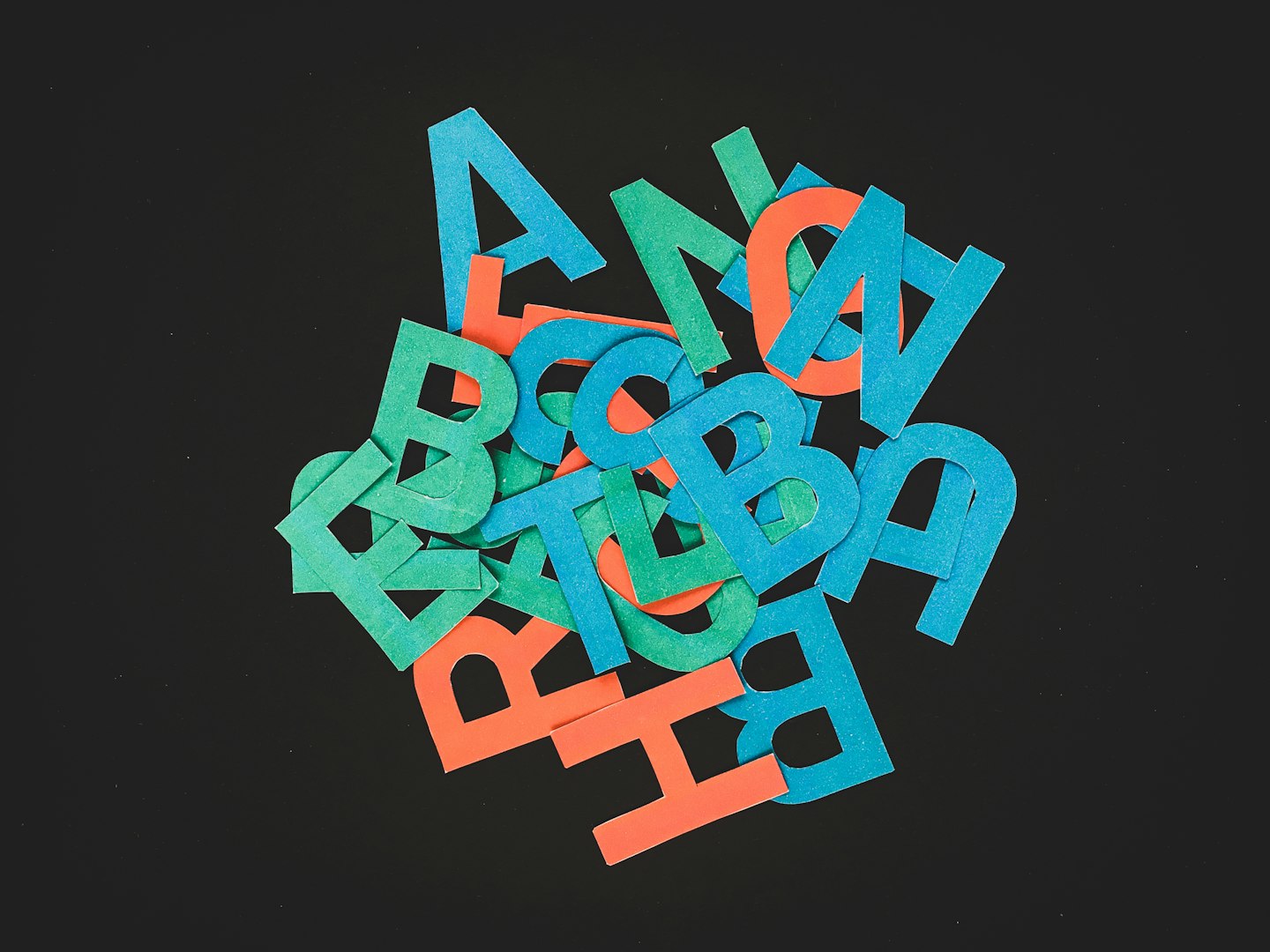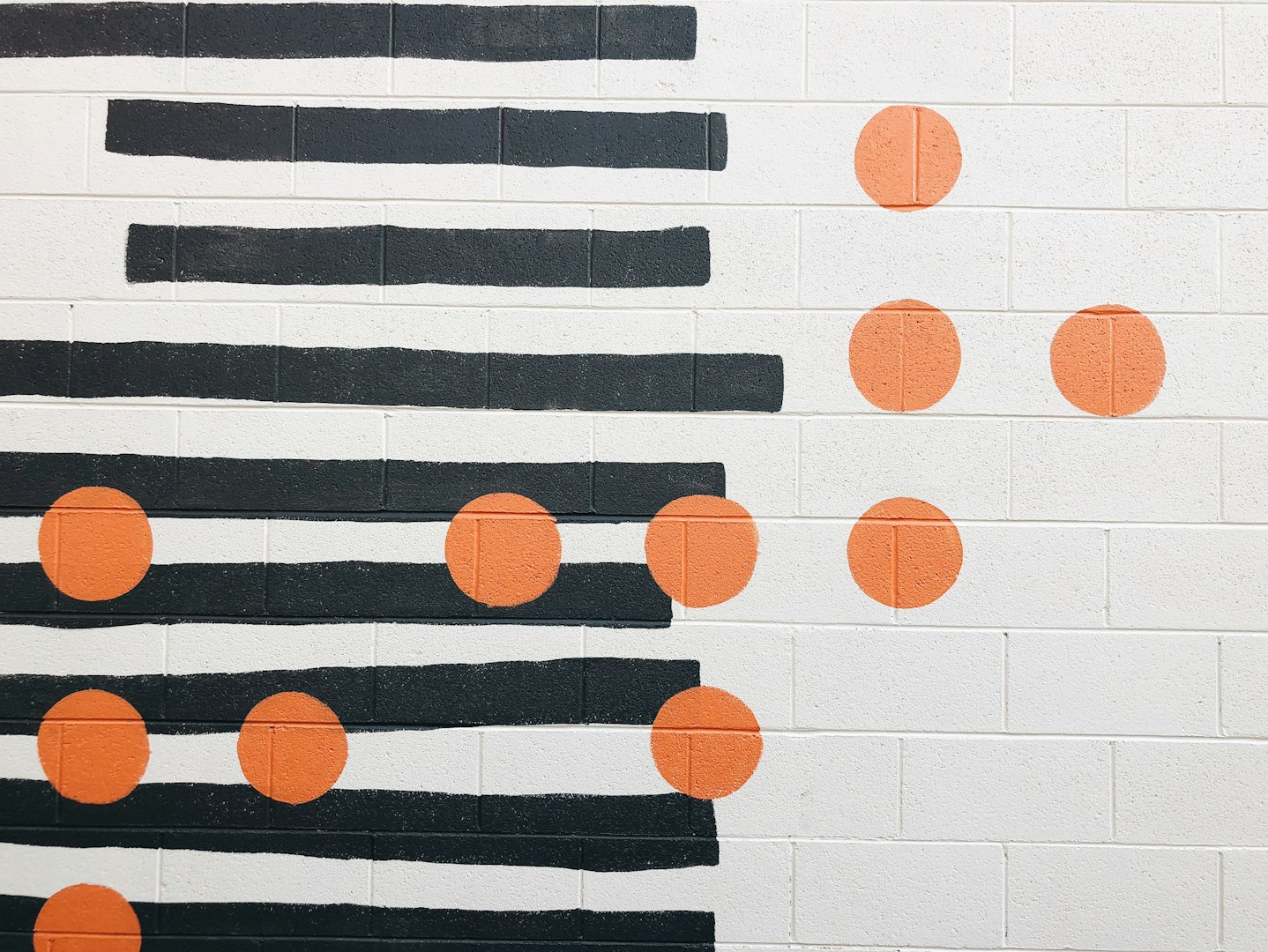Identify the signs
Partner: Golden Gate Regional Services;
Request: Nourish Early Start Intervention Program
The application process begins with a "request for service," which can be made by contacting GGRC's Intake unit via phone, fax, email or mail: info@nourishearlystart.org
How do I discuss my worries with my doctor or my local regional center?
If you are worried about your baby or toddler’s development, this information will help you to discuss your worries with your doctor or with your local regional center.
The regional center will discuss available evaluations and work with you to complete the evaluation.
Available evaluations include:
• Developmental (includes motor function, communication, information processing)
• Social
• Hearing
• Vision
The developmental evaluation looks at all areas of a child’s development from communication tosocial and daily living skills.

examples of behaviors that should be followed up with a developmental evaluation:
• Does not look at your face on a regular basis
• Does not respond when called by name
• Does not enjoy being held
• Is difficult to soothe
• By approximately 4 months, does not coo, babble, or smile
• Does not show facial expressions like happy, sad, angry and surprised by 9 months of age
• By the first birthday, does not wave ‘bye-bye’ or use other gestures
• By the first birthday, does not shake head ‘no’
• By the first birthday, does not say ‘mama’ or ‘dada’
• By the first birthday, does not play games like pat-a-cake
• By 15 months, does not show you objects they like
• Loses skills and abilities, like stops saying words or stops looking at you

examples of health challenges and behaviors that should be followed up with a hearing evaluation:
• Has frequent earaches
• Has ear, nose, and throat infections
• Does not react to loud noises
• Does not look up when someone is speaking or when there is a noise
• Does not respond when called from across a room even if it is for something he or she usually likes or is interested in
• Turns the same ear in the direction of a sound

examples of health challenges and behaviors that should be followed up with a vision evaluation:
• Has red, watery eyes
• Has crusty eye lids
• Rubs eyes frequently
• Has a hard time focusing or making eye contact
• Holds books or objects very close to the face
• Sits very close to TV when watching a show
• Closes one eye or tilts head when looking at something
• Eyes do not seem to move together
• Has eyes that seem crossed or turned

examples of health challenges and behaviors that should be followed up with an evaluation of motor function:
• Has stiff arms and/or legs
• Arches back or pushes away when held or cuddled
• By 4 months, does not hold head up
• By 6 months, does not roll over
• By first birthday, does not sit up or crawl using hands & knees
• By first birthday, does not pick up small objects with finger & thumb
• By second birthday, does not walk alone
• By second birthday, has a hard time holding large crayons & scribbling
• By thirty months, falls or stumbles a lot when running•
By thirty months, has a hard time turning pages in a book

examples of behaviors that should be followed up with an evaluation of communication:
• By 4 months, does not coo or smile
• By 6 months, does not babble to get attention
• By first birthday, does not respond to words like 'night-night'
• By first birthday, does not name people ('mama', 'dada') or objects ('bottle')
• By first birthday, does not shake head 'no'
• By second birthday, does not point to objects or does not name objects that he or she wants
• By second birthday, does not use two-word phrases ("mama go", "want juice")
• By thirty months, does not try to say familiar rhymes or songs
• By thirty months, can't follow simple directions

examples of behaviors that should be followed up with an evaluation of information processing:
• By first birthday, has a hard time finding an object after seeing it hidden
• By second birthday, does not point to body parts when asked for example, 'where is yournose?'
• By thirty months, does not play make-believe games
• By thirty months, does not seem to understand 'more'

